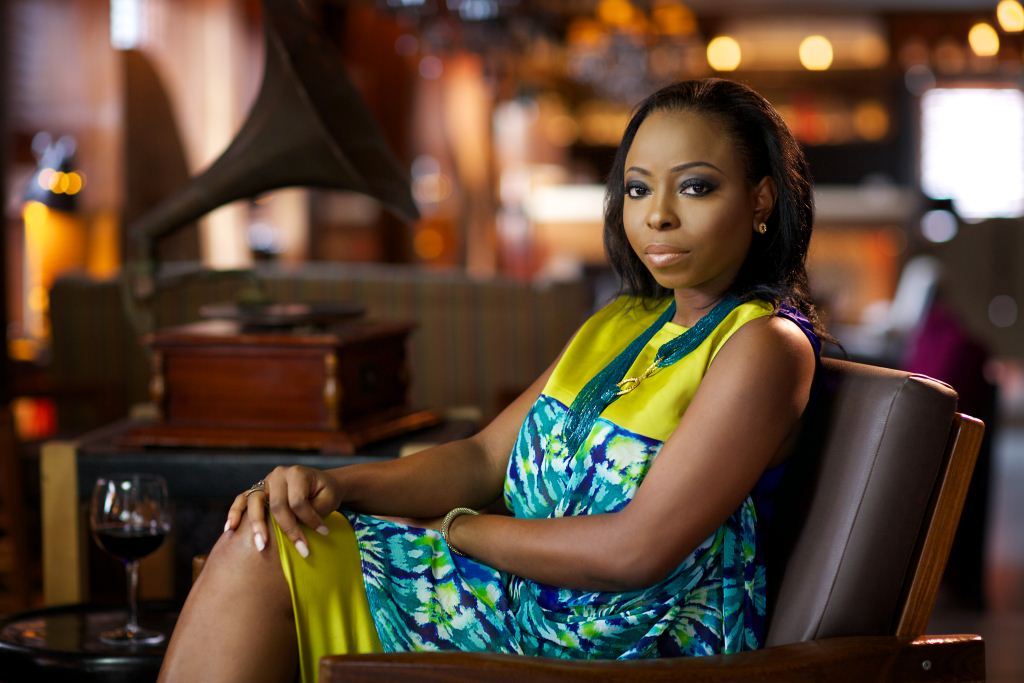I have two pet peeves—standing in long queues and filling out forms. When I found out that I could still get tickets to see the highly acclaimed Broadway adaptation of The Lion King in London, despite the scarcity of tickets, I was prepared to complete the lengthiest questionnaire and wait in the longest line.
It was worth it. The fine attention to visual artistry, on stage and in costume, combined with the storytelling and delivery was awe-inducing. The well-orchestrated Africanized pop music and rhythmic dance was the cherry on top.
For a few minutes, I was an excited kid again, until my companion, a born and bred Kenyan, expressed her utter disappointment at how much of a South African production it had become, saying the show once had a marked Kenyan influence. After a few minutes of diplomatic debate on the topic, the unusual nature of our conversation dawned on me. Now, I am willing to debate a big blockbuster release at the cinema or Olivia Pope’s latest shocking act, or even the previous night’s match between Arsenal and Chelsea—not how much of a country’s influence was evident in a Broadway production.
As curiosity and doubt swirled through my mind, I decided to engage fellow Africans on their thoughts on theater. To my surprise, very few were interested. The question was thrown back at me: Is there a place for theater in Africa?
There have been some great productions mushrooming across the continent in the past few years. Fela! on Broadway was a spectacular repertoire of many of Fela Kuti’s captivating songs performed by a great cast. UMOJA, staged across South Africa, was another sublime show. More recently, SARO The Musical, a Broadway-styled and Nigerian-owned stage production signaled the revival of African theater. Clearly, Africa has a role on the global stage.
Traveling around the globe is another African trend. Being Nigerian, I’m privy to the fact that we love to travel far and wide. I dare you to find a spot on the world map that does not have a small Nigerian community present. Even more fascinating, is that Nigerians travel with their culture and some often refuse to assimilate into their new homes. As I attempted a morning jog on a cold London street, I heard the roaring blast of D’banj’s Oliver Twist blaring from an apartment block. To my surprise, it was accompanied by a yell, in pidgin, the informal lingua franca spoken across Nigeria and some West African countries: ‘Dat music dey loud, you wan cause wahala with the neighbours?’ (The music is too loud, are you trying to cause trouble with the neighbors?)
It was welcome comic relief on my lazy run, but I also smiled at how much of a global village the world is becoming. Regardless of where you go, you can always take a piece of home with you.
No one knows this better than the Caribbean community. I have a few friends from the famous islands and one thing is certain: from Barbadians to Jamaicans and Trinidadians; all are wonderfully expressive—both on and off the dance floor.
I was in a store recently, when two Jamaican ladies walked in—one of them saw my shoes and exclaimed, ‘Girl! Those shoes are just very dutty dutty!’ Her friend echoed her thoughts. I walked away with a confused smirk on my face, while inspecting my shoes for some dirt.
A quick consultation with one of my Jamaican friends solved the puzzle.
“They meant that your shoes were really, really nice,” she said laughing.
Whether it is travel, theater or language, one thing is evident—it is a new dawn. A subconscious revolution is taking place and Africans are embracing all that is inherently African. I like that I can get a decent plate of Jollof rice while in New York because someone else brought my food culture with them. I am thrilled that Ankara fabrics are no longer only seen on women in the streets of Lagos and Accra. It is refreshing to know that there is a place for African music beyond the shores of the recording artist’s home and whether it is being said in Nigerian pidgin or Jamaican Patois, a universal language is emerging. So the opening tune to The Lion King, whether it is in Zulu or Swahili, does not matter to me—it’s African.
